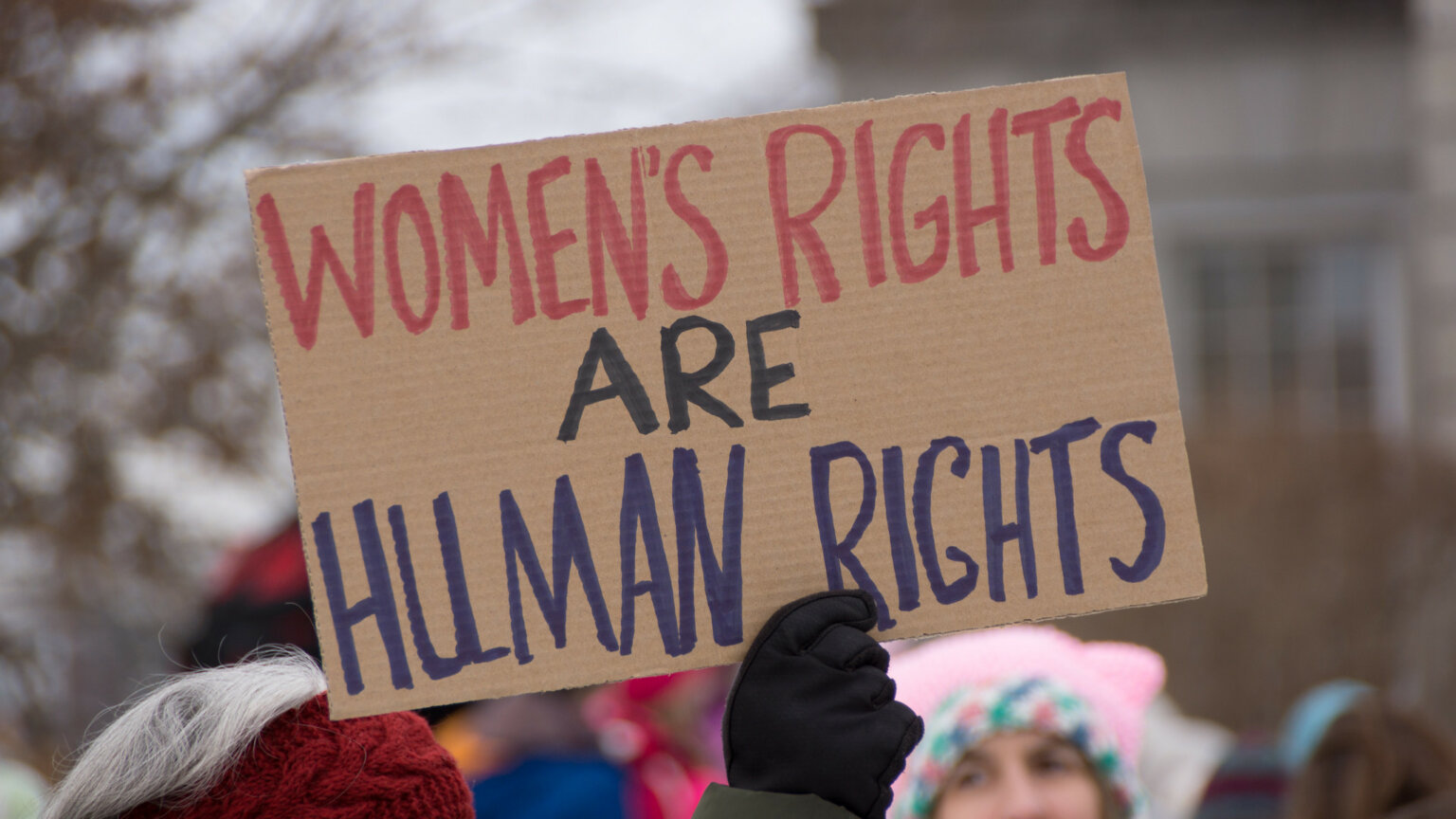- About
- Topics
- Picks
- Audio
- Story
- In-Depth
- Opinion
- News
- Donate
- Signup for our newsletterOur Editors' Best Picks.Send
Read, Debate: Engage.
| topic: | Women's rights |
|---|---|
| located: | Guatemala |
| editor: | Ellen Nemitz |
It took less than 25 days for Guatemala to reach an outrageous mark in 2021: 28 women were killed thus far in January - five of them within just 24 hours. This escalation of violence is taking place in a nation already considered by some “one of the worst countries to be a woman,” in the words of Guatemala’s Human Rights Ombudsman Augusto Jordán Rodas Andrade. Although the nation is not, according to statistics, the most violent, it nonetheless figures among the first in several databases.
Life, however, is not just a matter of numbers. Every woman killed counts; all women must be safe.
The newspaper El Periodico named some of those who lost their lives: from the little Hillary Sarai Arredondo de León, aged just 3, to Nora Lemus Martínez, 43, gender based violence hits hundreds of female Guatemalans, regardless of age, social class or any other factor.
People marched for the victims last weekend, exposing names and clothes on the sidewalk in memory of these lives and pledging for safety and justice. Demonstrators also recalled more than 40 girls who died in a fire that broke out four years ago at the Virgen de la Asunción shelter where they lived - an establishment accused of sexual abuse, torture and other child rights' violations.
Under the hashtag #NiUnaMenos, Jordán Rodas also stated on Twitter that the authorities do virtually nothing to prevent and eradicate the violence against women: “The State must guarantee full enjoyment of their rights, mainly the right to life!"
Together with Rodas, many other activists and public figures expressed sorrow and indignation over the situation. “This society is sick: teaching sexual and reproductive rights is sin, saying feminism is heresy, but raping and killing women is permissible and normal,” tweeted writer and professor Carolina Sarti. The United Nations for Women in Guatemala has also tweeted about the situation, stating: "The wave of violence lived in Guatemala is unacceptable, again impacting women’s lives. We express concern and reiterate our commitment to continue to accompany Guatemala to live a life free from violence.”
Analysts also remark the mishandling of the situation by the police who, while this female massacre is happening, focus on preventing immigrants from entering the country. A nation itself hit by the poverty and the mass emigration, Guatemala violently repressed a group aiming to reach the United States in hopes of finding a more complacent immigration policy under Joe Biden’s administration. Jordán Rodas, who is also president of Ibero-American Federation of Ombudsman, had called the attitude deplorable, irracional and disproportionate.
According to the 2020 Human Rights Watch World report, this was not the first time it happens. "In October, a large group of migrants from Honduras seeking to travel to the United States entered Guatemala. President Giammatei stated that 3,384 were returned to their country,” the report states.
The two problems presented here are not new: even though the Covid-19 pandemic could be pointed as an additional risk factor — for women, it deepens proximity with aggressors and weakens support networks; for migrants, it closes borders and exacerbates existing economic crises. Nonetheless, year after year, we keep demanding governments and institutions to come together in tackling such inequalities, violence and human rights violations.
Image by European Parliament

